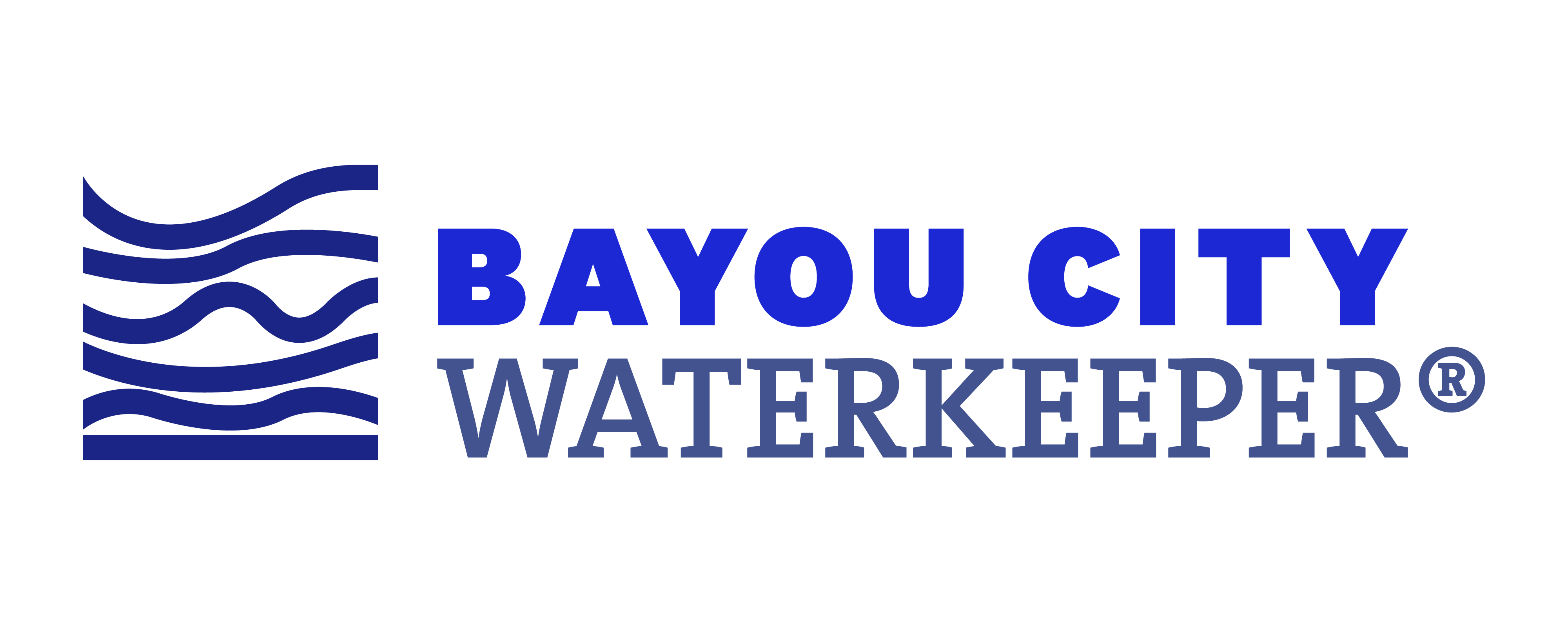Guest post by Anthony D’Souza, a law & policy intern with Bayou City Waterkeeper during the spring and summer of 2020.
As the novel coronavirus continues to proliferate through the U.S., and Texas proceeds with its reopening this month, Harris County is expected to see a spike in positive cases over the upcoming weeks. Decisive action on providing vulnerable communities with protective relief is needed now more than ever.
 Aggressively rushed reopenings only aid infectious spread and may warrant continued financial protections and utility-based moratoriums
Aggressively rushed reopenings only aid infectious spread and may warrant continued financial protections and utility-based moratoriums
Due to the critical importance of running water, electricity, and utility access in slowing the spread of COVID-19, Bayou City Waterkeeper joined the Coalition for Environment, Equity, and Resilience and its partners in asking the City of Houston to extend a moratorium on water utility shut-offs alongside adopting additional recommendations. A few days later, the Houston Public Works department extended this local moratorium until the end of May. With the greater Houston region predicted to become a hotspot for coronavirus infections over the upcoming weeks and months amidst its reopening, this extension may soon prove insufficient for helping communities cope with the pandemic. Further assistance and support are needed.
On a statewide level, at the end of March, the Texas Public Utility Commission prohibited retail utility providers, including privately-run water utilities, from disconnecting services to residents losing sources of employment and income. The Commission also deferred bill payments and provided financial assistance through the COVID-19 Electricity Relief Program. Although initially planned to last for at least six months, the Commission voted to shorten several payment suspension and disconnection deadlines less than a month later, significantly reducing the moratorium. Upon continued community pressure alongside rising numbers of COVID positive cases within the state, the moratorium was extended again to its current standing date of June 13.
As a ‘reopening state’ Texas has heightened its risk of being exposed to a second wave of coronavirus infections and currently possesses the country’s highest “reproduction number” defined as the “average number of infections generated by each infected person in a vulnerable population.” All of these elements point towards continued–if not higher–rates of spread in the months to come. This warrants continued financial and utility-based support for households across the state.
Federal decisiveness on a comprehensive relief plan is needed to alleviate heightened community vulnerability and losses
On a national level, the House of Representatives recently approved a $3 trillion stimulus bill targeted towards ensuring continued access to water for households unable to meet monthly payments. However, its passage into law seems uncertain with the Senate appearing to proceed with much hesitancy and indecision – refusing to take action on any proposed relief packages until after the Memorial Day recess and choosing to prioritize other tasks on their agenda instead. This lack of consensus leaves the prospects of future relief for vulnerable communities across the country under much uncertainty, continually exacerbated by rising unemployment and COVID-related casualties.
As a founding member of the local Coalition for Environment, Equity, and Resilience, Bayou City Waterkeeper works to build public support for water justice and equity within the Houston region. Bayou City Waterkeeper also joined a nationwide coalition in asking Congress to authorize funding for offsetting water utility payments, providing financial assistance to residents, and improving aging local water infrastructure. Our resilience and emergence from this pandemic as a community rests on our collective ability to follow public health guidelines, remain at home, and adopt proper sanitation procedures. Ensuring continued access to fundamental household necessities like clean safe water, especially for the most vulnerable, is the first step.
Anthony D’Souza is a senior at Rice University, majoring in Environmental Science with a minor in Politics, Law & Social Thought. He interned for Bayou City Waterkeeper this spring and has previously interned for the Environmental Law Institute, Katy Prairie Conservancy, Citizens’ Climate Lobby, and the Baker Institute working on a variety of environmental policy issues including carbon pricing, nature-based disaster resilience, climate change-induced migration, environmental justice, and conflict sensitivity in environmental programming. He currently lives in west Houston, having moved there five years ago from Karachi, Pakistan and in his free time enjoys playing soccer and basketball.
